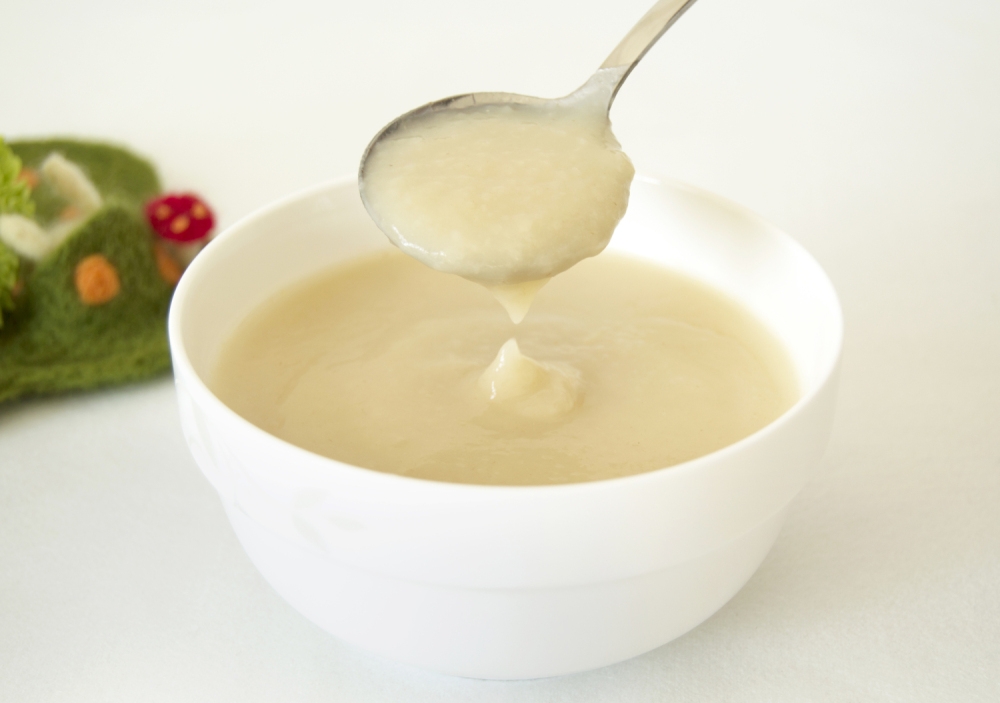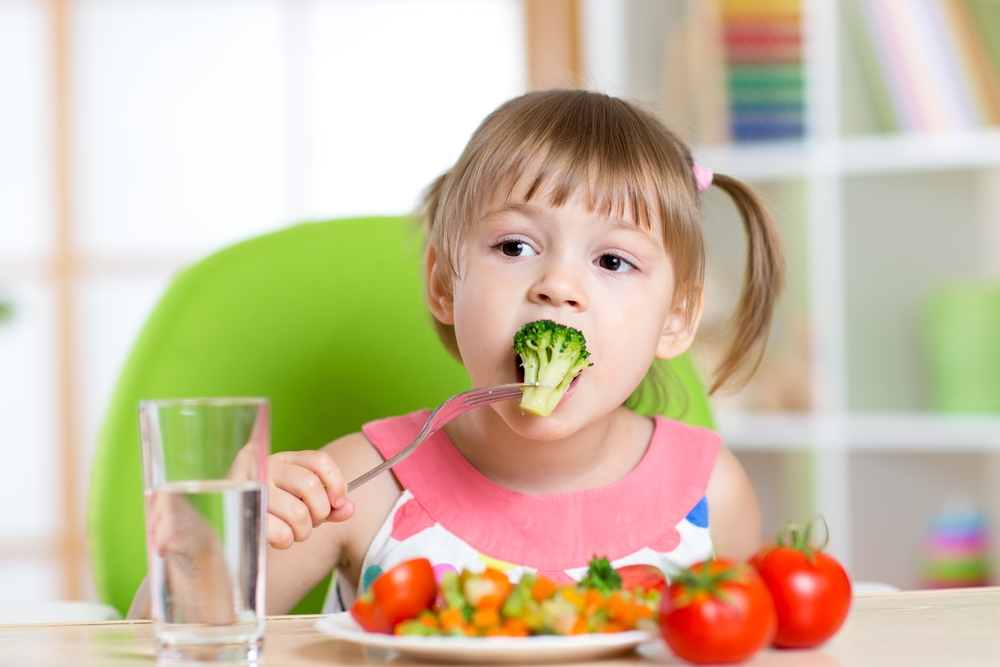Speaking of baby rice noodles, I believe parents are very familiar with it. The first supplementary food most babies come into contact with is it.
However, familiarity belongs to familiarity. When eating rice noodles for babies, many parents still have such and such perplexities, such as:
When do you give it to your baby in what?
Do you want to buy it or make it yourself?
How long does it take to eat rice noodles?
… …
We sorted out the problems when we added rice noodles to Dabao, and also specially collected the problems that Bao’s parents were most concerned about. We trotted to consult Dr. Liu Changwei from the Nutrition Department of the Children’s Hospital to try to clear up the confusion for everyone at one time.
The first bite of supplementary food is not necessarily rice flour, the key is rich in iron.
After the baby is 4 ~ 6 months old, breast milk or formula milk alone can no longer meet the baby’s nutritional needs, so it is necessary to consider adding supplementary foods.
Rice is rich in starch, which is also one of the foods that are least likely to cause allergy, and is relatively easy to digest, so most babies’ first supplementary food is rice flour.
However, this does not mean that the baby’s supplementary food can only start with rice noodles.
Even if you don’t eat rice noodles at the beginning, you can still try from foods such as meat paste or fish paste. The key is that the supplementary foods should be rich in iron, because at 4-6 months old, the baby’s body has already consumed almost all the iron stored in the body, and the iron content in breast milk is relatively low.
However, rice flour also has a disadvantage, that is, the iron content is not high and the absorption effect is relatively poor.
Therefore, iron fortified rice flour is recommended for the rice flour added to the baby at the beginning.

It is better to buy ready-made ones than to make them yourself.
Some mothers are worried about food safety and are not at ease with the rice noodles they buy on the market, so they choose to make them at home.
Peace of mind is peace of mind, but these problems of homemade rice noodles must be mentioned:
1. Inadequate nutrition
The main ingredient of homemade rice flour is starch, and other nutrients such as iron are very limited.
However, the commercially available iron-fortified rice flour will add iron during the processing process, which can relatively better meet the nutritional needs of the baby.
2. Difficulties in ensuring hygiene
After all, all kinds of equipment in the home are not as good as industrial production, and may be contaminated by bacteria during the production process.
Therefore, no matter from the perspective of nutrition or hygiene, the iron fortified rice flour bought is better than the self-made rice flour.
But if you choose homemade rice noodles as your baby’s supplementary food, you must pay attention to these three points:
- Timely add meat mud, fish mud and other foods rich in iron and with good absorption effect to the baby; You can also add meat paste and fish paste to rice noodles, but pay attention to adding only one at a time, and also pay attention to observe whether there is allergy. Pay attention to the hygiene of all operation links, and be sure to eat and do it now to avoid bacterial contamination.
03 Rice Noodles Do Not Add Seasonings
Some mothers may think that baby rice noodles have no taste and worry that the baby does not like them, so they add sugar, salt and other seasonings to the rice noodles.
But this is not good.
First, the baby’s ability to accept original food may exceed our imagination.
Adults think tasteless food, but the baby may like it very much, and the baby has never eaten seasonings before eating supplementary food, in fact, it is easier to accept original food.
On the contrary, giving the baby sugary and salty food early will probably make the baby reject the original food.
Second, it is not conducive to the cultivation of long-term eating habits.
Some scholars at home and abroad believe that there may be a [critical period window] in infancy that is easy to accept food with a certain taste. If the baby is accustomed to a certain taste, it will affect the food preference and intake in the future. For example, adding sugar to rice noodles will easily make the baby develop the habit of loving sweet food and increase the risk of dental caries.
Therefore, when brewing rice noodles, just brew according to the water temperature and dosage required in the instructions. What seasoning is really not needed.

04 Feed rice flour with a spoon.
Adding supplementary foods to the baby is not only to increase nutrition, but also to let the baby learn to roll his tongue, chew and swallow (yes, these simple actions are all skills to learn), and to learn to use spoons, cups, bowls and other tableware to let the baby gradually adapt to the adult diet.
Therefore, it is not recommended to feed with a bottle. It is recommended to use a spoon directly so that the baby can accept the spoon to eat rice noodles.
It is enough to eat 05 rice flour for 2 ~ 4 months.
Baby rice flour is only a stage in the addition of supplementary foods. It is enough to eat it for 2-4 months. When the baby can accept thick porridge and rotten noodles, he can stop eating rice flour.
Moreover, while adding rice flour to the baby, don’t forget to add fruit puree, vegetable puree, meat puree and other foods in time.
For example, a mother said that her baby has been in the family for more than ten months, and the supplementary food is still only rice flour. This is definitely not possible. Not only do the baby try too few kinds of food, but eating rice flour alone cannot achieve the purpose of training the baby’s chewing ability.
In addition, mothers should also be reminded that the main food for babies aged 6-12 months is breast milk or formula milk. Even if various supplementary foods are added, the baby should still have about 600-800 milliliters of milk every day. If it is breast-fed, it should be fed at least 3-4 times a day.
